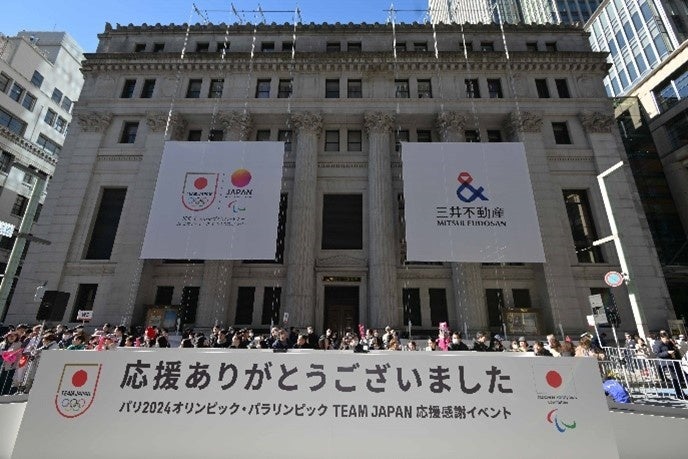Sports Powering City Development: A Winning Strategy for Urban Revitalization
The roar of the crowd, the thrill of victory, the unifying power of sport – these are often seen as purely entertainment. But increasingly, cities are recognizing the significant role sports can play in driving economic growth, improving social infrastructure, and fostering community development. This isn't just about building stadiums; it's about leveraging the power of sports to revitalize urban areas and enhance the quality of life for residents.
The Economic Impact of Sports: More Than Just Ticket Sales
The economic benefits of hosting major sporting events or establishing professional teams are undeniable. However, the impact extends far beyond ticket sales and merchandise.
Direct Economic Benefits:
- Tourism Boost: Major sporting events attract visitors from around the globe, injecting capital into local businesses – hotels, restaurants, transportation, and retail outlets.
- Job Creation: From stadium construction and maintenance to hospitality and event management, sports generate numerous jobs, boosting employment rates.
- Increased Investment: The prospect of hosting major sporting events often stimulates investment in infrastructure improvements, including transportation networks and public spaces.
Indirect Economic Benefits:
- Enhanced City Image: Hosting successful sporting events elevates a city's international profile, attracting further investment and tourism.
- Increased Property Values: Proximity to sporting venues and improved infrastructure often leads to increased property values in surrounding areas.
- Business Development: New businesses often emerge to cater to the increased demand generated by sporting events and teams.
Social Impact: Building Community and Promoting Healthy Lifestyles
Beyond the economic benefits, sports contribute significantly to social development:
Fostering Community Cohesion:
- Shared Identity: Local sports teams create a sense of shared identity and pride within the community.
- Social Interaction: Sporting events provide opportunities for social interaction and community building.
- Youth Development: Investing in youth sports programs promotes healthy lifestyles, teamwork, and discipline.
Promoting Health and Wellbeing:
- Increased Physical Activity: Sports encourage physical activity and combat sedentary lifestyles.
- Improved Mental Health: Participation in sports can improve mental wellbeing and reduce stress.
- Accessible Recreation: Investing in public sports facilities ensures access to recreational opportunities for all residents.
Case Studies: Cities Leveraging the Power of Sport
Many cities worldwide have successfully leveraged the power of sports to drive development. For example:
- Barcelona, Spain: The city's hosting of the 1992 Olympics spurred significant infrastructure improvements and boosted tourism.
- London, England: The 2012 Olympics led to the regeneration of East London, creating new parks, housing, and jobs.
- Singapore: The city-state's investment in sports infrastructure has helped to establish it as a major sporting hub in Asia.
Challenges and Considerations
While the benefits are significant, cities must carefully consider potential challenges:
- Cost of Infrastructure: Building and maintaining sports facilities can be expensive.
- Environmental Impact: Large-scale events can have an environmental footprint.
- Equity and Access: Ensuring equitable access to sporting facilities for all residents is crucial.
Conclusion: A Winning Formula for Urban Development
Sports offer a powerful tool for urban revitalization, boosting economies, fostering communities, and improving public health. By carefully planning and managing sporting initiatives, cities can harness the positive impacts of sports to create vibrant, thriving urban environments. Careful consideration of the economic, social, and environmental factors is key to ensuring that the development is sustainable and benefits all members of the community. Understanding the long-term implications and actively mitigating potential negative consequences will ensure that sports contribute to a winning formula for the future of urban development.
Keywords: Sports, City Development, Urban Revitalization, Economic Impact, Social Impact, Tourism, Job Creation, Community Development, Sports Infrastructure, Sustainable Development, Case Studies, Barcelona, London, Singapore.
